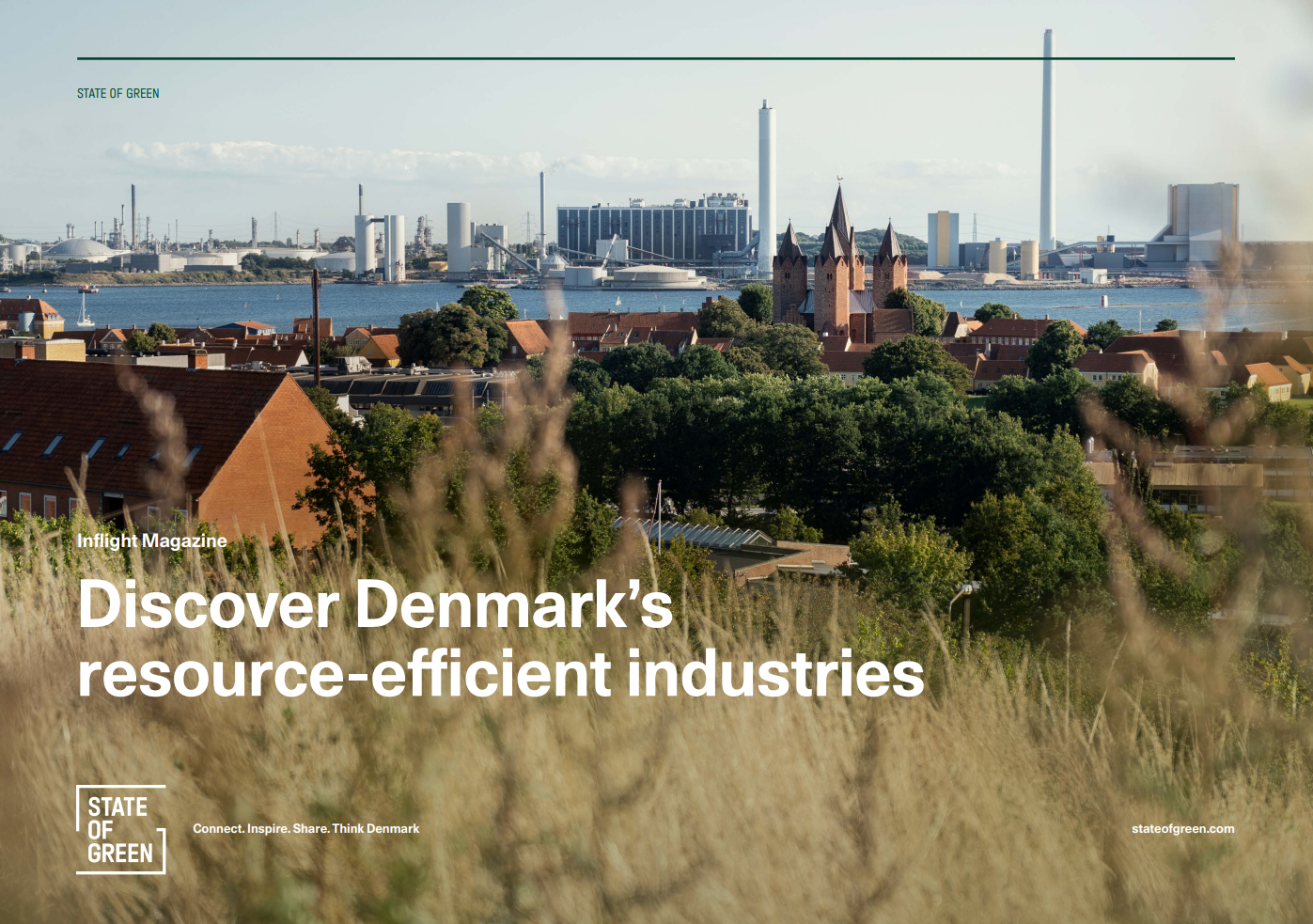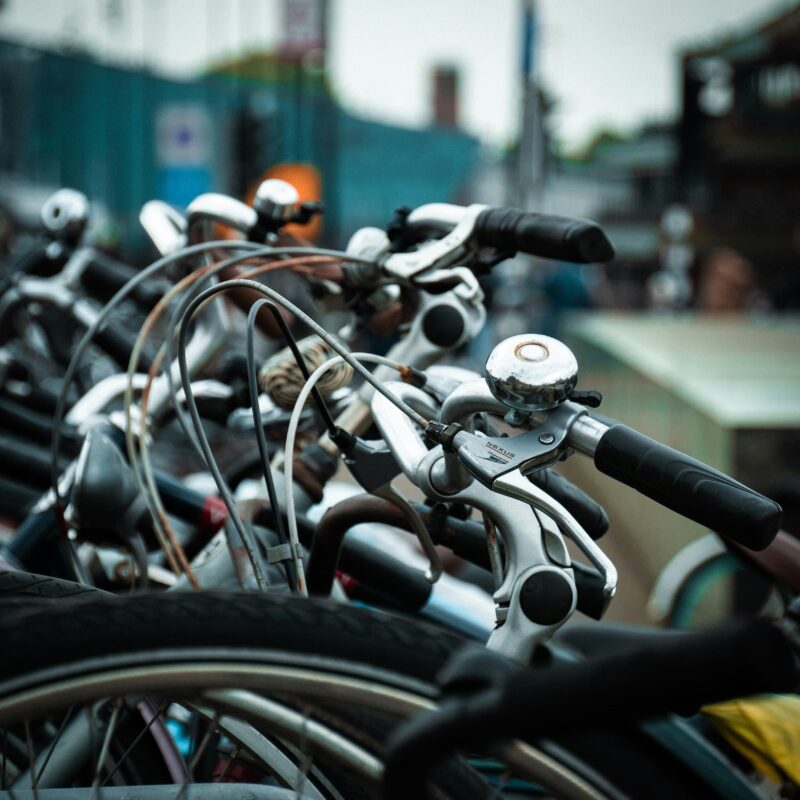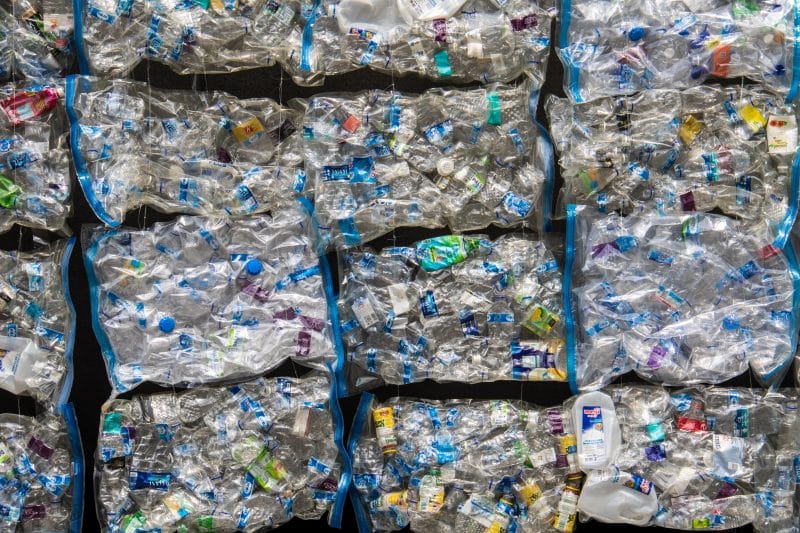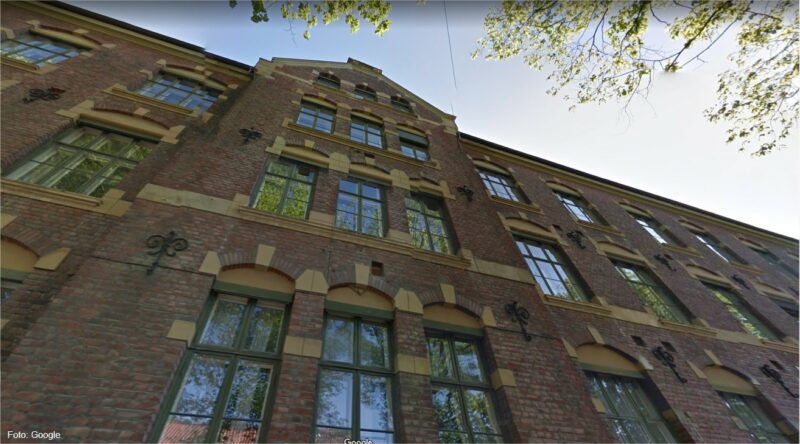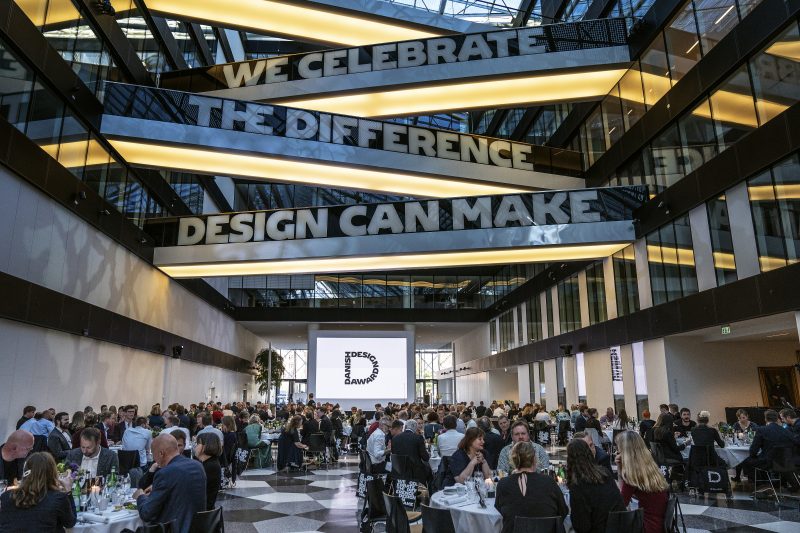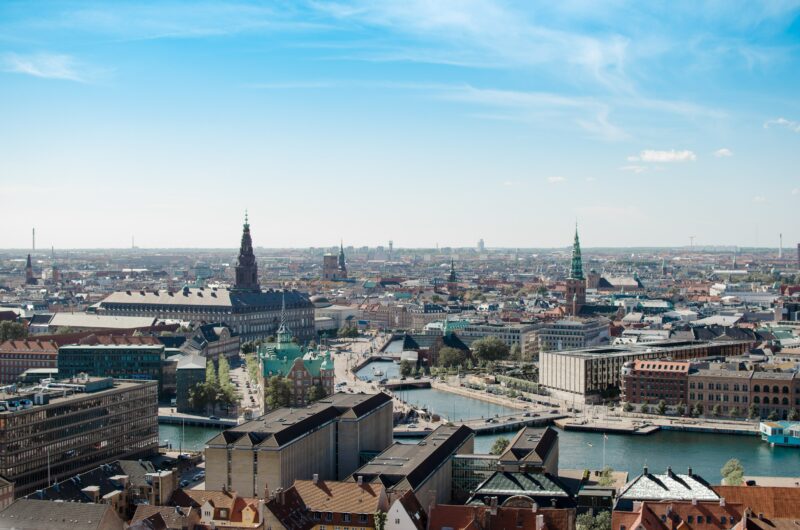News
Circular business models
Landfill and soil remediation
Waste management
+1
95 per cent of this type of plastic is not recycled: Danish companies are about to change that
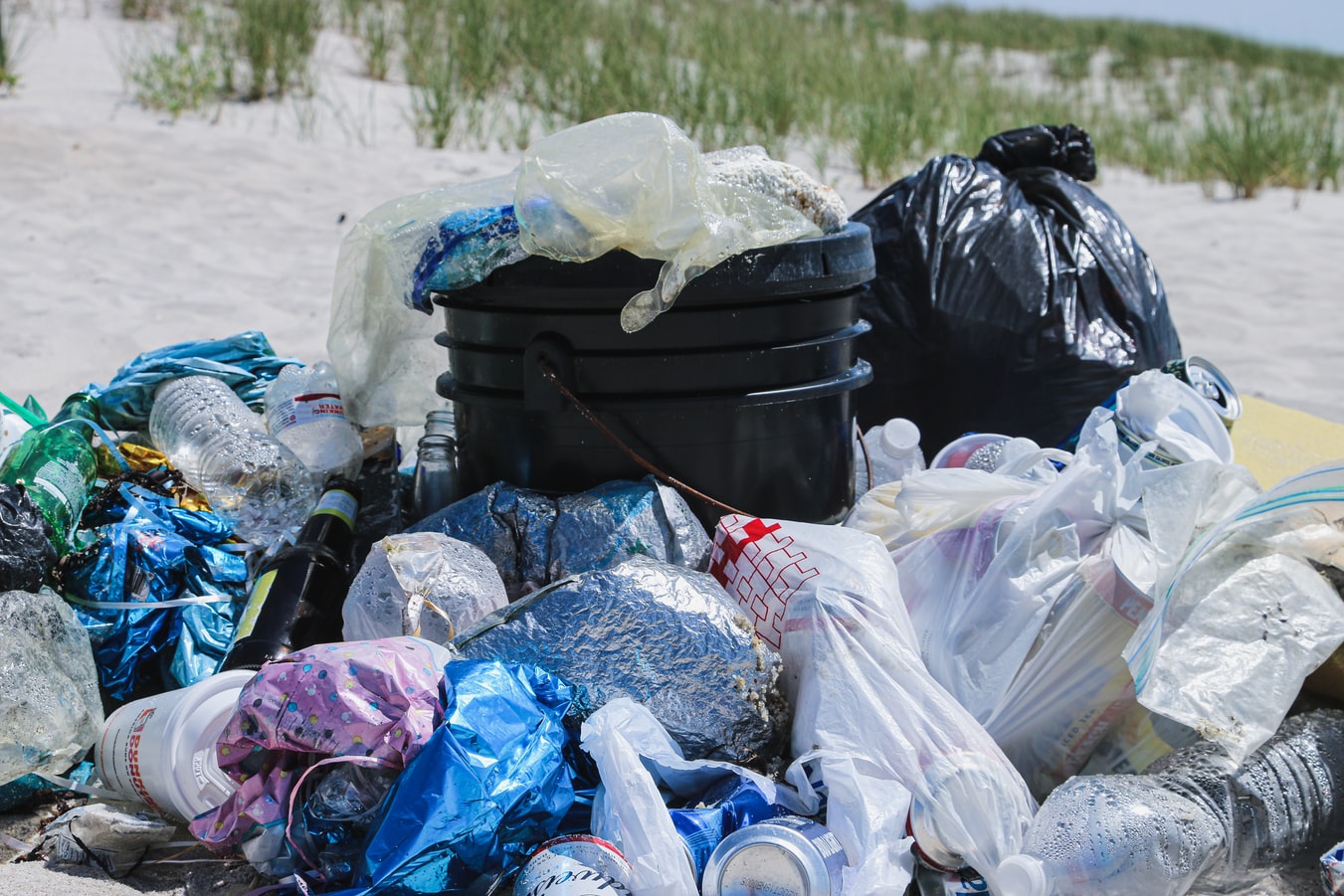

Danish collaboration between researchers and companies are in the process of developing new methods to recycle the plastic material polyurethane – commonly referred to as PUR-plastic - which can be found in everything from refrigerators, shoes and mattresses to insulation and wind turbines.
The problem is that the plastic today is largely non-recyclable and many tons end up either at incineration plants or at landfills every year.
Therefore, six of the leading Danish companies in the PUR-industry are striving to be the best in the world to recycle this particular type of plastic. They have now joined forces with Danish researchers from the Technological Institute, who are developing new, cutting-edge technologies to recycle PUR-plastics.
"Currently, there are no good solutions for recycling PUR, and this is exactly what the project will solve with support from the Innovation Fund. We do this by bringing the world's best scientists, technology developers and leading companies together and thereby bringing this type of plastic into a whole new circular economy", said senior specialist Anders T. Lindhardt from Technological Institute.
-Related solution: The expertise of recycling is present in Denmark
95 per cent is not recycled today
Globally, as much as 95 per cent of all PUR ends up being used for energy recovery at incineration plants or ends up as worthless waste at landfills. Simply because existing technologies for recycling PUR are not good enough.
"Potentially, our project could result in a future where many tons of PUR are recycled into new products and do not end up at landfills and incinerators. The project has great growth potential and will strengthen the competitiveness of Danish industry globally. At the same time, it will position Denmark even stronger in relation to the reduction of CO2 emissions, the circular economy and the green agenda," said Anders T. Lindhardt.
The new Danish project, which aims to develop recycling technologies for PUR plastics, will not only be able to save large amounts of oil when the plastic is manufactured, but also result in a significant reduction in the world's CO2 emissions when the plastic material is no longer burned for energy recovery at incineration plants.
-Related solution: Full circle industrial symbiosis recycling household plastics
Two methods of recycling
Specifically, the researchers in the project will develop two new technologies.
The first method focuses on material lost during the production of PUR products, where the second method will deconstruct PUR waste - including what has been left out of the consumer - into its original building block called monomers.
Both methods recreate polyurethane which can thus be used in completely new products - for the benefit of the climate and Danish business.
The project is funded largely by the Innovation Fund, who have invested DKK 11 million in the project. The partners in the project are: Technological Institute, Dan-Foam Aps, ECCO Shoes A/S, Logstor A/S, H. J. Hansen Genvindingsindustri A/S, Tinby A/S, Covestro A/S and Aarhus University.
Source: The Innovation Fund (in Danish)
You should consider reading
publications
Energy efficiency in industry
+7
Discover Denmark’s resource-efficient industries
8 September 2023Perspective
Energy efficiency in buildings
+16
